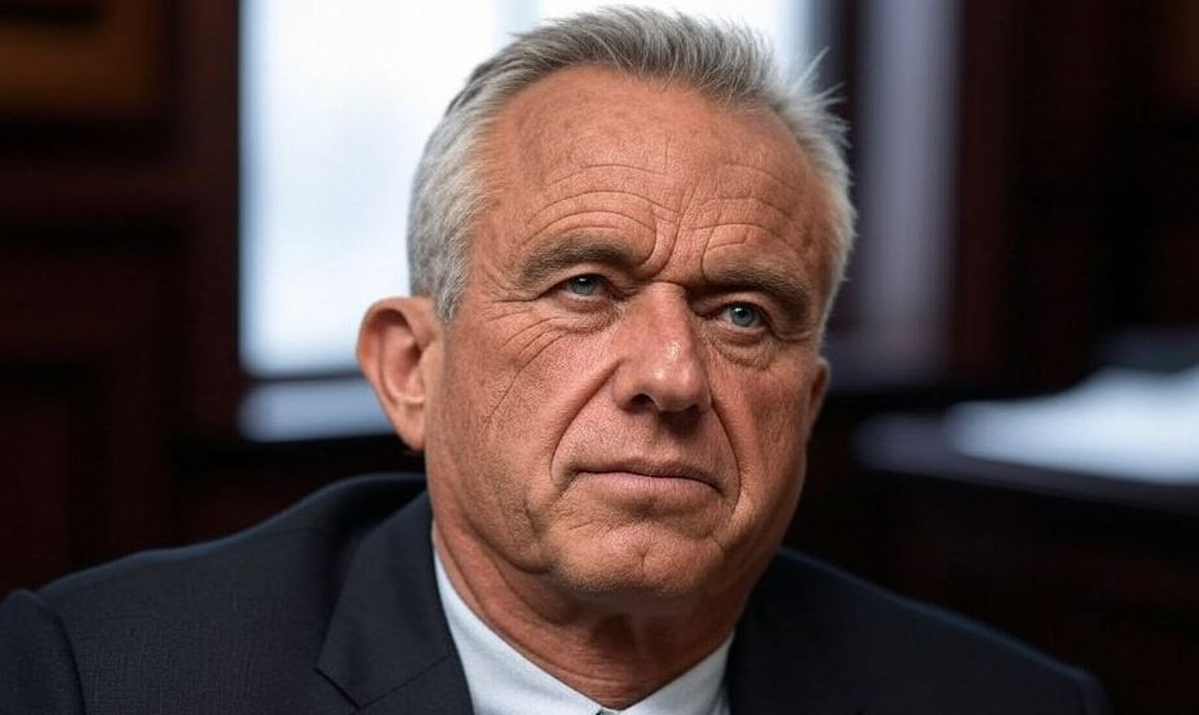WASHINGTON, DC - Robert F. Kennedy Jr., who could potentially secure a significant position in the incoming Trump administration, has vocalized his plan to ban pharmaceutical advertisements on television. Known for his skepticism towards vaccines and pharmaceutical practices, Kennedy's stance aligns with his broader critique of the drug industry's influence over public health.
His proposal taps into a long-standing debate about the ethics and effects of direct-to-consumer advertising in the United States, one of only two countries globally (alongside New Zealand) where such advertising is permitted.
His proposal taps into a long-standing debate about the ethics and effects of direct-to-consumer advertising in the United States, one of only two countries globally (alongside New Zealand) where such advertising is permitted.
The pharmaceutical industry spends billions annually on TV ads designed to increase consumer demand for specific medications. Critics of these advertisements, including Kennedy, argue that they can lead to over-prescription and do not necessarily promote the best health outcomes for patients, instead prioritizing profit. Supporters of a ban believe it could shift the focus from marketing to genuine medical needs, potentially reducing healthcare costs and encouraging more informed decision-making by patients and healthcare providers. However, opposition to this ban is strong, with many citing violations of First Amendment rights to commercial speech, emphasizing that advertising educates consumers about available treatments.
The discussion around Kennedy's proposal has reignited debates on the balance between corporate freedom and public health interests. If enacted, this ban would represent a significant shift in how pharmaceutical companies engage with the public, potentially affecting their revenue models through advertising. Meanwhile, the practical implementation of such a policy would face legal challenges, considering the historical precedents where attempts to limit pharmaceutical ads have been struck down on constitutional grounds. The outcome of this proposal could influence U.S. healthcare policy and set a precedent for how advertising in other sectors might be regulated in the future.
#RFKJr #DrugAdsBan #PharmaAds #BigPharma #HealthcarePolicy #PublicHealth #TrumpAdministration #ConsumerRights #FirstAmendment #MedicalEthics #Advertising #HealthcareCosts #PatientEducation #Marketing
#RFKJr #DrugAdsBan #PharmaAds #BigPharma #HealthcarePolicy #PublicHealth #TrumpAdministration #ConsumerRights #FirstAmendment #MedicalEthics #Advertising #HealthcareCosts #PatientEducation #Marketing
